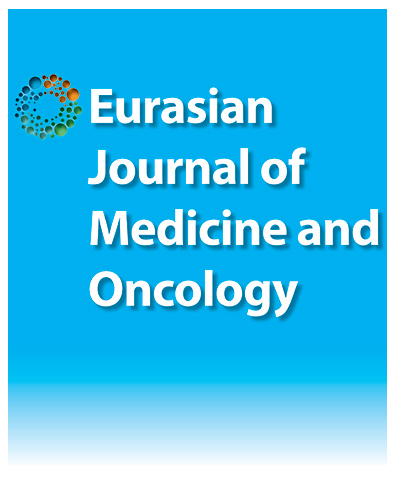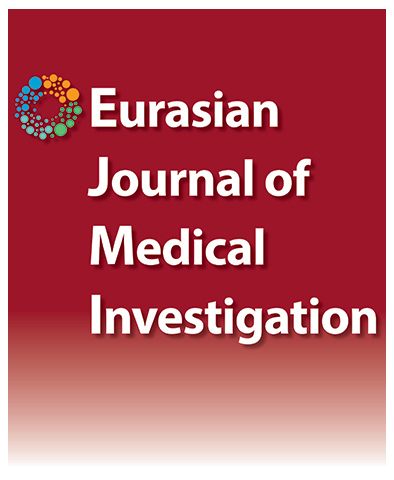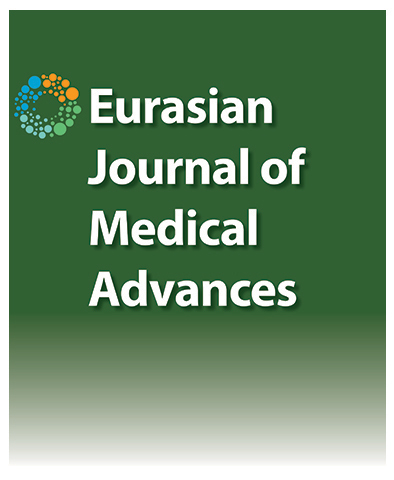The impact of serum uric acid level on progression of chronic kidney disease in non-diabetic patients: a retrospective analysis
Ezgi Coban1, İzzet Hakkı Arıkan21Department of Medical Oncology, Yeditepe University Istanbul, Türkiye2Department of Nephrology, Marmara University Istanbul, Türkiye
Objective: Hyperuricemia is common in CKD patients. This retrospective study aimed to investigate the relationship between serum uric acid and the progression of CKD in stage 2 and 3 non-diabetic patients with CKD. Method: The study sample included non-diabetic patients with stage 2 and 3 CKD, aged between 30 and 90 years, who were on nephrology follow-up for more than a year at our hospital. Serum uric acid levels recorded at presentation were considered baseline uric acid levels and annual eGFR, was calculated based on MDRD whereas BUN and blood creatinine values measured during patient visits were recorded retrospectively, as annual mean values. Results: 71 patients were included. Annual reductions in eGFR were significantly higher in male patients (3.8±4.7 ml/min/1.73 m²) compared to female patients (1.7±2.3 ml/min/1.73 m²) (p<0.032). In a multivariate linear regression analysis, the variables associated with annual reductions in eGFR measurements were baseline serum albumin level, baseline eGFR, and annual mean uric acid levels. No statistically significant differences were found between patients with hyperuricemia (n: 49) and patients without hyperuricemia (n: 22) in annual eGFR decline (2.9±4.5 vs. 2.0±2.71 ml/min/1.73 m², respectively; p=0.894) and annual eGFR decline in patients treated with allopurinol was comparable to those in patients who were not treated with allopurinol (2.2+-2.4 vs. 3.2+-4.3 ml/min/1.73 m², p=0.323; respectively). Conclusions: We couldn’t find any significant association between baseline serum uric acid levels and declines in eGFR. This finding reinforces the notion that hyperuricemia may arise from declining eGFR rather than accelerating CKD progression.
Keywords: uric acid, chronic kidney disease, allopurinol, estimated glomerular filtration rateCorresponding Author: Ezgi Coban, Türkiye
Manuscript Language: English





